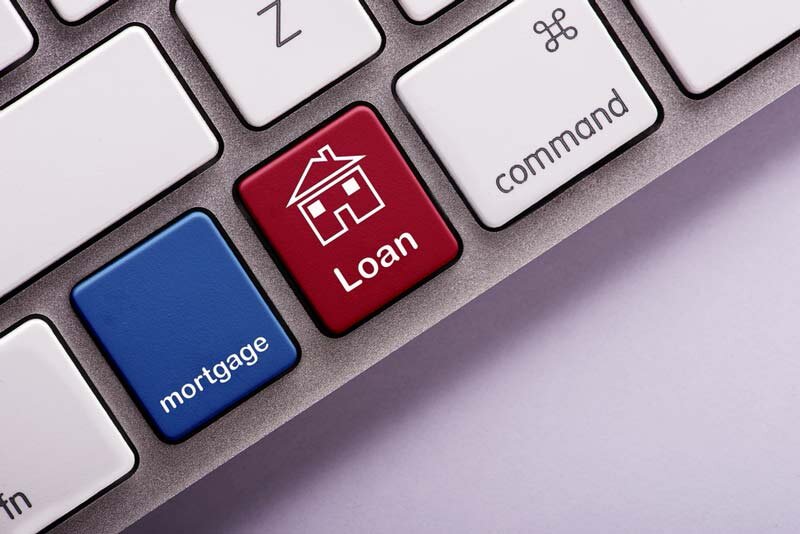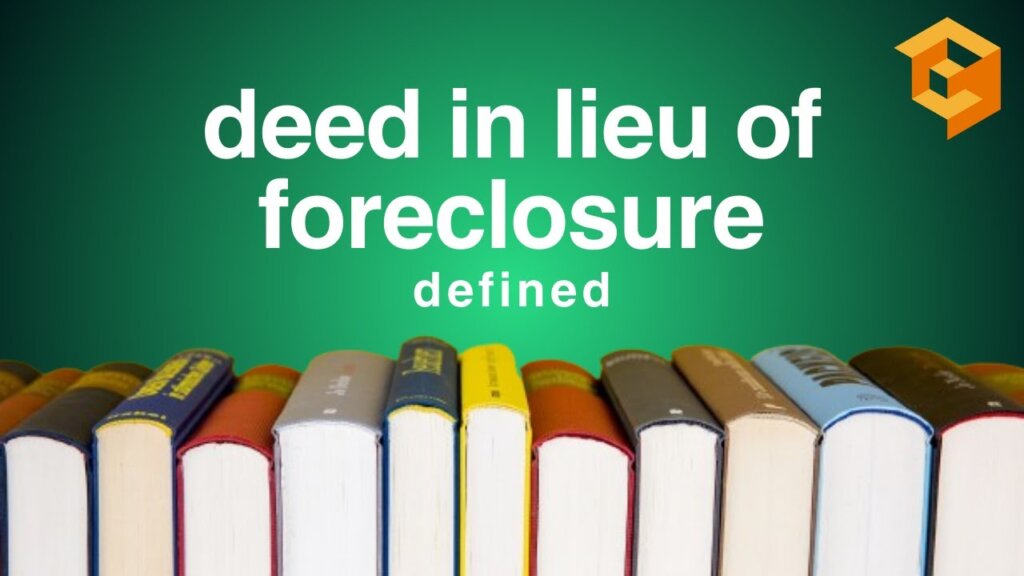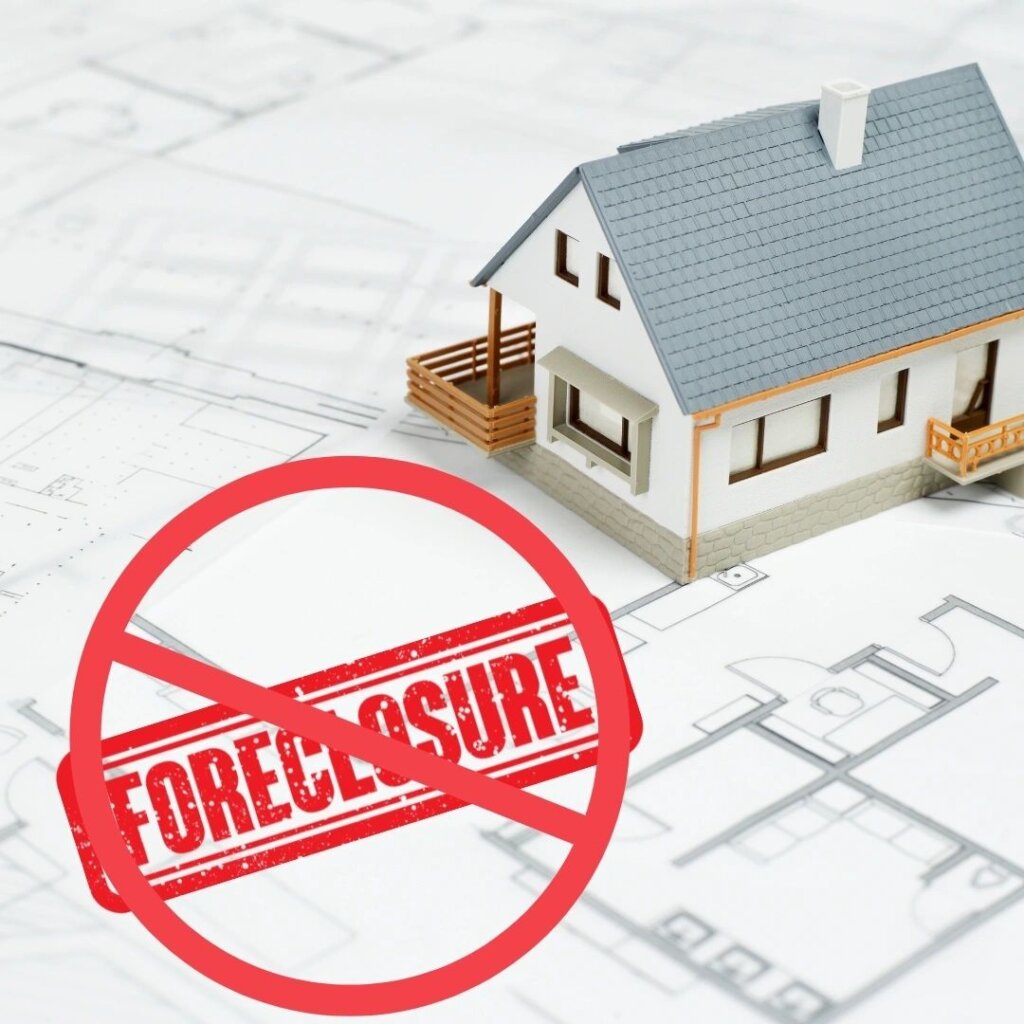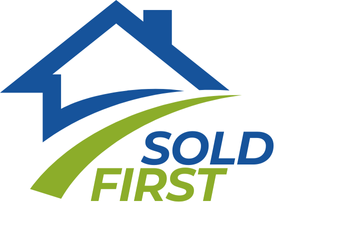Introduction
When someone searches for “How to Stop the Bank from Foreclosing on Your House,” they are likely feeling a deep sense of urgency, fear, and confusion. A foreclosure is a looming threat that not only jeopardizes their home but also their financial future and credit. They may feel overwhelmed by the complexities of foreclosure, unsure of their options, and possibly uncertain about whom to trust. These individuals are looking for clear, practical advice that will help them avoid the devastating consequences of foreclosure. The core concerns driving their search will likely include finding a way to prevent foreclosure without losing their home, understanding the steps they must take, and exploring alternatives that might save them from the financial burden. They need reassurance that there are actionable steps they can take, and they want a solution that is fast, effective, and free of hidden costs or long-term implications.
With this in mind, the blog will be written to directly address these concerns, explain the foreclosure process, and highlight the best ways to prevent it. Along the way, we’ll discuss the pros and cons of each option, how the options compare, and why selling the house to a real estate investor for cash might be the fastest and least painful route to financial freedom.
What Happens When a Foreclosure is Imminent?
When the threat of foreclosure looms large over your home, it’s easy to feel like you’re running out of time and options. Foreclosure is a serious situation, and the consequences can be devastating. In the face of mounting pressure, it’s crucial to act quickly and understand your options. But how do you stop the bank from foreclosing on your house?
In this article, we will discuss the steps you can take to halt the foreclosure process and potentially keep your home. While some of these solutions are more straightforward than others, we’ll also explore the challenges and costs associated with each option. Ultimately, we will present the possibility that selling your house for cash could be the most effective way to avoid foreclosure—and potentially get the fresh start you need.
What is Foreclosure and How Does it Work?

Before diving into how you can stop the bank from foreclosing on your house, it’s important to understand exactly what foreclosure is and how the process works. Foreclosure is the legal process by which a lender (usually a bank) takes possession of a home when the borrower fails to keep up with mortgage payments. If you’re behind on your mortgage payments and the bank decides to pursue foreclosure, they can sell your home to recover the money owed on the loan.
Understanding the foreclosure process is critical to knowing how much time you have and what steps you can take. From the moment you miss a payment, your lender may begin sending you notices of missed payments. If the situation doesn’t improve, the lender can begin foreclosure proceedings, which usually involve a formal court process. It’s important to note that foreclosure laws vary by state—what applies in Maryland may differ from what applies in Pennsylvania or Virginia.
Cost of Foreclosure: The financial implications of foreclosure can be severe. Not only can you lose your home, but your credit score will likely take a major hit—often by 100 points or more. On top of that, you could be responsible for legal fees, court costs, and the difference between what your home sells for at auction and what you owe on the mortgage.
If you’re facing foreclosure, you need to act fast. The sooner you understand the process and your options, the better chance you have of stopping it in its tracks.
If you’re curious about foreclosure laws specific to different regions, check out our article on Foreclosure in Pennsylvania, which covers the details specific to that state.
How to Stop Foreclosure: Exploring Your Options
When it comes to stopping foreclosure, you have several options. Each one comes with its own set of benefits and drawbacks, depending on your situation. The key is to act quickly and choose the solution that best fits your financial and personal circumstances.
1. Mortgage Modification
One of the first steps homeowners can take is to apply for a mortgage modification. This involves negotiating with the lender to adjust the terms of the loan, making it more affordable. The goal is to lower your monthly payments, possibly reduce the interest rate, or extend the loan term to give you more time to pay.

Benefits: Mortgage modifications can allow you to keep your home while making your payments more manageable. Some modifications might even offer a temporary reduction in payments.
Drawbacks: This process can be lengthy, and there’s no guarantee the lender will approve your request. Additionally, mortgage modifications often involve significant documentation, and missing deadlines can derail the process entirely.
Cost: There may be costs associated with processing a mortgage modification, and if successful, your monthly payments could still be substantial.
If you find that mortgage modification is not a viable option, don’t worry—there are other ways to stop foreclosure.
Learn more about the foreclosure process in New York by checking out Understanding the Foreclosure Process In New York.
2. Forbearance Agreement: A Temporary Solution
A forbearance agreement is a temporary option that gives you a break from making your mortgage payments. During this time, your lender may allow you to pause payments or make reduced payments. After the forbearance period ends, you’ll have to make up for the missed payments, often through a lump sum or extended repayment plan.
Benefits: A forbearance agreement can offer immediate relief if you’re struggling to keep up with mortgage payments. It provides breathing room to get your finances back in order.
Drawbacks: While it can delay foreclosure, it doesn’t eliminate the debt. At the end of the forbearance period, you’ll need to catch up on missed payments, which could be difficult if your financial situation hasn’t improved.
Cost: Like mortgage modifications, a forbearance agreement may come with processing fees, and it could leave you with a balloon payment in the future.
Curious about the difference between Short Sale vs. Foreclosure – What’s the Difference? We break down each option to help you make an informed decision.
3. Deed in Lieu of Foreclosure: A Better Alternative to Foreclosure

If you’re unable to make mortgage payments and can’t sell your home, you may consider offering the bank a deed in lieu of foreclosure. This means you voluntarily transfer ownership of your home back to the lender, who then cancels the loan. In return, the lender might forgive the debt, helping you avoid foreclosure.
Benefits: This option allows you to walk away from the debt and avoid a foreclosure on your credit report. It can also speed up the process and reduce legal fees.
Drawbacks: The bank may not accept the deed in lieu of foreclosure if there are second mortgages or liens on the property. Additionally, you might still owe taxes on any forgiven debt, depending on local laws.
Cost: The major cost of this option is the potential tax liability on forgiven debt, but it’s generally less costly than foreclosure.
The Federal Trade Commission (FTC) provides insights into mortgage relief scams, including those offering deed in lieu of foreclosure, which could be valuable when considering this option.
Should You Sell Your House to Avoid Foreclosure?
If other options have not worked out or you simply want to avoid the hassle of long negotiations, selling your house for cash might be the fastest and most effective way to stop foreclosure.
Why Selling Your House for Cash Can Be the Best Option: Selling your house to a real estate investor can help you avoid foreclosure and the long-term financial consequences of losing your home. Real estate investors typically offer cash for houses, which means no waiting for bank approvals or navigating a complicated process. Once you accept the offer, the sale can close quickly, sometimes in just a few days.

Benefits: The main benefit of selling your home for cash is that it’s quick and straightforward. There are no repairs or commissions, and you can avoid the auction process. Plus, it allows you to pay off your mortgage and move on with your life without the threat of foreclosure hanging over you.
Drawbacks: The downside of selling your home for cash is that you may not receive the full market value for your property. Cash buyers typically offer less than what you could get on the open market, but this is often a small price to pay for the speed and certainty it offers.
Cost: While you won’t incur realtor commissions or repair costs, cash buyers often offer below-market prices, which can feel like a financial loss. However, the cost of foreclosure—both financially and emotionally—may be far worse.
If you’re ready to explore this option in more detail, visit Sell My Maryland House in Foreclosure for a deeper dive into how a quick cash sale can help.
Can Bankruptcy Stop Foreclosure?
When foreclosure becomes imminent, filing for bankruptcy is an option many people consider. Bankruptcy can halt the foreclosure process temporarily by triggering an automatic stay. This means that the bank must stop all collection activities, including foreclosure proceedings, while your bankruptcy case is being processed.
How Bankruptcy Can Help: Chapter 7 or Chapter 13 bankruptcy may provide relief depending on your financial situation. Chapter 7 bankruptcy wipes out unsecured debts but may require you to liquidate assets to pay creditors. Chapter 13 bankruptcy allows you to reorganize your debt and make affordable monthly payments. In either case, bankruptcy can provide breathing room and allow you to catch up on mortgage payments over time.
Drawbacks: Bankruptcy can be a lengthy and costly process. It can also stay on your credit report for up to 10 years, making it difficult to secure future loans. Additionally, while bankruptcy can temporarily stop foreclosure, it may not necessarily prevent the bank from foreclosing if you don’t catch up on your mortgage payments.
Cost: Filing for bankruptcy typically costs anywhere from $1,500 to $3,000 in legal fees, depending on the complexity of your case. While it may delay foreclosure, it can also cause long-term financial repercussions.
If you want to explore how bankruptcy affects your foreclosure options, read our guide on Foreclosure Notice of Default – What Is It?
Can You Rent Your House to Avoid Foreclosure?

Renting your home can be an option for homeowners who want to avoid foreclosure but aren’t ready to sell. By renting out the property, you may be able to generate enough rental income to cover your mortgage payments, allowing you to avoid foreclosure.
How Renting Works: The process involves finding a tenant who will pay monthly rent. Ideally, the rent you collect will be enough to cover your mortgage, property taxes, and insurance. This may provide some temporary relief if you’re facing financial hardship.
Drawbacks: Renting out your home comes with a set of challenges. For one, you need to be prepared for the responsibilities of being a landlord, including maintenance, repairs, and potential tenant disputes. Furthermore, rental income may not always cover your mortgage, and if tenants are unreliable, you could still face foreclosure.
Cost: The upfront costs of renting include potential property management fees, repairs, and legal fees for leasing. Additionally, if you’re unable to secure a reliable tenant, you could still face mortgage payment difficulties.
Want to learn more about different foreclosure options? Explore What is a Pre-Foreclosure in Pennsylvania?.
Selling Your Home as a Short Sale: What to Expect
A short sale occurs when you sell your home for less than what you owe on the mortgage, and the lender agrees to forgive the difference. This is a potential solution if you’re unable to pay your mortgage and want to avoid foreclosure, but selling the home for a full price isn’t an option.
How a Short Sale Works: In a short sale, you find a buyer who is willing to purchase the home for less than the outstanding mortgage balance. The bank must then approve the sale, which can take time. Once approved, the sale proceeds, and the lender typically cancels the remaining debt.
Benefits: The main benefit of a short sale is that it allows you to avoid foreclosure and its negative impact on your credit. It can also be a less stressful process compared to a foreclosure proceeding.
Drawbacks: Short sales can take several months to complete, and there is no guarantee the bank will approve the sale. Additionally, you may still owe taxes on the forgiven debt, depending on local laws.
Cost: While there are no upfront costs to initiate a short sale, the process may involve attorney fees, negotiation fees, and the risk of owing taxes on forgiven debt.
For more information on short sales, visit Investopedia – What Is a Short Sale on a House?
The Impact of Foreclosure on Your Credit Score

One of the major concerns for homeowners facing foreclosure is the impact it will have on their credit score. A foreclosure can severely damage your credit, making it more difficult to secure future loans, including mortgages, car loans, and credit cards.
How Foreclosure Affects Your Credit: A foreclosure can lower your credit score by 100 points or more. This can make it difficult to get approved for future credit and will likely result in higher interest rates on any loans you do secure. The foreclosure will stay on your credit report for up to seven years.
How to Minimize the Damage: While selling your home for cash may not completely protect your credit score, it can certainly be a less damaging alternative to foreclosure. When you sell your home and pay off the mortgage, your credit score may take a smaller hit compared to a full foreclosure. Additionally, selling your home quickly allows you to move on and begin rebuilding your credit sooner.
Cost: The financial impact of a foreclosure is not just about lost home equity—it’s also about the long-term costs to your financial health. By selling your home, you can limit the duration of this impact.
For more details on how to manage the foreclosure process in your state, check out How to Avoid Foreclosure in Virginia.
Conclusion: Is Selling Your House the Right Decision?
Stopping foreclosure isn’t easy, and it’s important to understand all the options available to you. While mortgage modifications, forbearance agreements, and deed in lieu of foreclosure can all provide temporary relief, they come with their own set of challenges and potential long-term consequences. Selling your house for cash is often the fastest, most straightforward way to avoid foreclosure and start fresh financially. It’s not without its disadvantages, such as receiving less than the market value for your property, but it can help you sidestep the far greater financial and emotional costs of foreclosure.
If you find yourself struggling to keep up with mortgage payments, don’t wait until foreclosure becomes imminent. Consider all your options, and if you decide that selling your house for cash is the best route, Sold First is here to help. We offer fast, hassle-free cash offers for your home, allowing you to close quickly and move forward with your life. Contact us today to learn how we can help you avoid foreclosure and regain control of your financial future.

